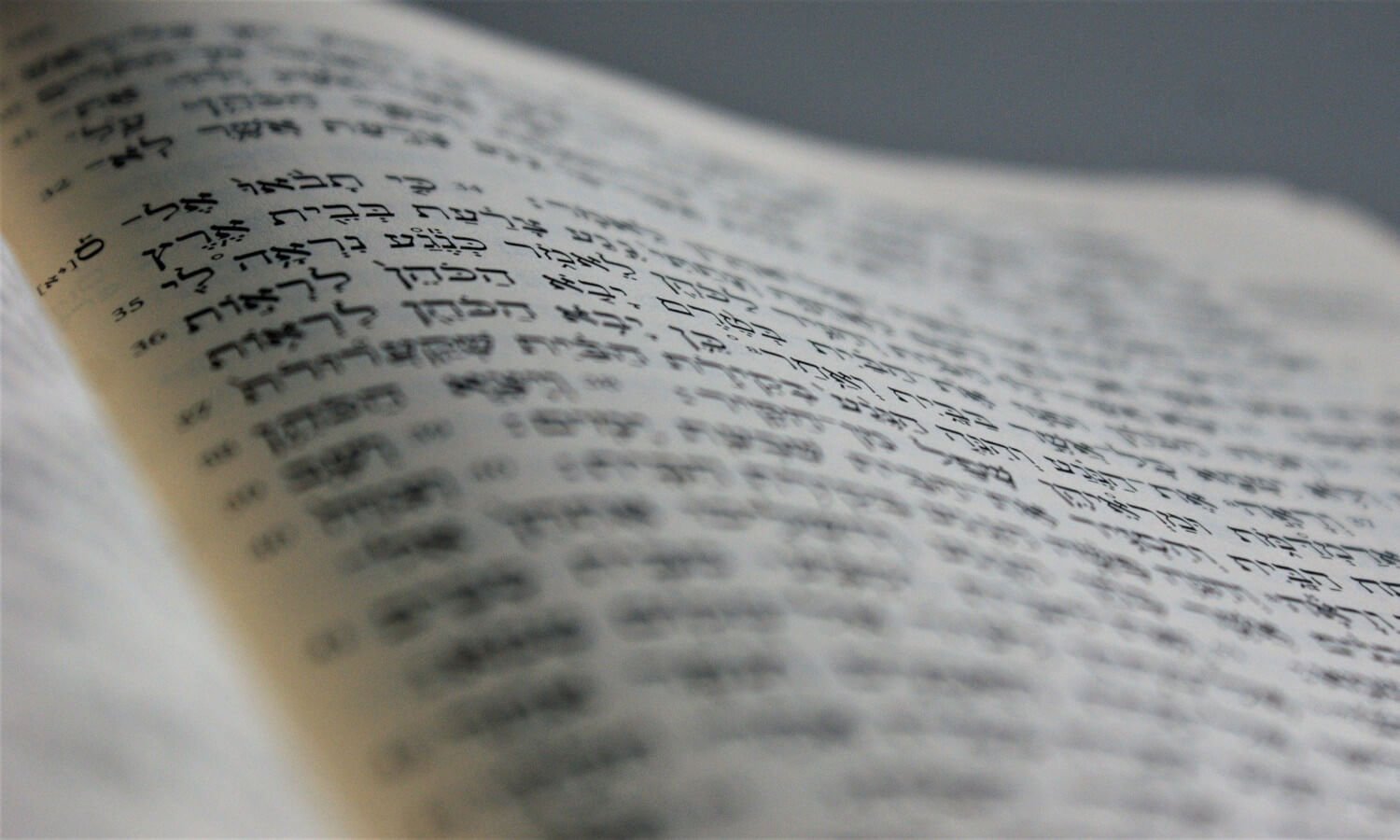
God’s honor and glory
We looked at [the Hebrew verb כבד “kabed”] in a different article. Its primary meaning is “being heavy/weighty,” but it also means to honor, to regard polite, and to deem lofty. In light of this, we shall go into more detail about the term כָּבוֹד “kabod,” which is derived from the stem “kabed” (to honor).
The Hebrew word “kabod,” which is pronounced “kavod,” is significant and appears 199 times in the Old Testament. This word appears specifically in the books of Psalms and Proverbs, as well as in the writings of the prophets Isaiah and Ezekiel. The word “kabod” has two meanings as a noun:
- First, ‘kabod’ can be translated as: weight, strength, power, ability.
- Second, ‘kabod’ means honor, glory, magnificence, dignity, splendor.
“Kabod” primarily refers to the Lord God Himself, his divinity, Word, name, works, sanctuary, and city in this second use of the word.
Consequently, “kabod” or splendor is a crucial theological idea. This word, after all, refers to God’s Being, deeds, and numerous things that either speak of or are a part of God.
Saying that we cannot adequately handle the word “kabod” or splendor in a brief study is undoubtedly true. Regarding this substantively rich and extensive word, a few points are worth making.
‘Kabod’/glory and God’s presence
Specifically, the phrase “kabod” or splendor refers to the outward expression of God’s presence. Exodus 24:16–17 states that the “kabod” or glory of the LORD, together with the covering cloud, was present on the mountain like a consuming fire after God had led the people of Israel out of Egypt to Sinai. The extraordinary honor of being there and having direct communication with the Lord was reserved for Moses alone (Exodus 24:18; 33:9-11).
God’s “kabod” or brightness is a sign of his presence in worship, sacrificial offerings, and the tabernacle. Accordingly, in Exodus 29:43, the Lord declared that He would visit the Israelites during the sacrifice, “and it shall be sanctified by My ‘kabod’/glory.” God then revealed himself to his people as Moses was setting up the tabernacle, for “the ‘kabod’/glory of the LORD filled the tabernacle” (Exodus 40:34–35). Additionally see Leviticus 9:6–9:23.
Another way to describe God’s presence at the ark of the covenant is as “Kabod” or glory. Because of this, after the Philistines stole the ark of God, Eli’s grandson was given the melancholy name “Ikabod” (= no “kabod” or glory).
No honor of your own
God is frequently pleaded with in biblical [prayer] because of his “kabod” or honor. This has to do in part with his name’s prestige among the peoples. “Help us, O God of our salvation, for the ‘kabod’/glory of Your name […] Why should the nations say, Where is their God?” is the psalmist’s entreaty to God in this passage. (Psalm 79:9–10).
A similar prayer is heard once more: “Give ‘kabod’/glory to Your name, O Lord, not to us, but to Your name, for the sake of Your unwavering love and fidelity! Why should the countries declare… (Psalm 115:1-2).
Finding out how this prayer directs us to pursue God’s honor and glory rather than lusting for our meager human honor is enlightening. Begging for assistance also intends to honor God! That can prevent us from being ambitious and striving for our own honor by making us feel tiny and modest. It is common for this pursuit and upholding of one’s own honor to occur subconsciously or under a religious façade, but the psalmist instructs us to prioritize God’s “kabod,” or dignity and authority. “Lo lanu YHWH,” he prays, “not to us Lord, but to Your name give ‘kabod’/glory.” (Psalm 115:1).
According to the Lord Himself, He gives no one or anything else his “kabod” or honor: “My ‘kabod’/honor I give to no other, nor My praise to carved idols” (Isaiah 42:8).
Call for tribute to the Lord
We owe the Lord God our utmost gratitude. He asks, “A son ‘kabed’/honors his father […] I am a Father, where is My ‘kabod’/tribute?” How tragic that is! Malachi 1:6. The query from so many years ago still has relevance now!
The full and unreserved acknowledgement of the Lord’s Divine majesty and the richness of his Name are among the tributes paid to him. “Ascribe to the Lord, O families of the peoples, ascribe to the Lord ‘kabod’/glory and strength!” is a song that David sung about this subject. Give the Lord the honor and glory that is rightfully His. 16:28 in 1 Chronicles.
This entails [honoring Him in our life], acknowledging Him as the glorious God who is holding us in the palm of his hand. To honor his name and preserve it in our day-to-day activities, that is, to call him “kabod” or tribute in the understanding that although He is infinitely splendid and exalted, He came to us in the person of his beloved Son.
It indicates that God’s name is not given the “kabod” or dignity that we deserve Him when we fail to defend his holy name and our passionate love for His name (Acts 4:12).
This leads us to the pertinent question of whether we are able to properly acknowledge his “kabod” or grandeur, and if so, when, how, and in what manner.
Perhaps when our gratitude for His blessings is insufficient? Or perhaps when some brittleness or superficiality dictates how we relate to Him? “Ascribe to the Lord, O heavenly beings, ascribe to the Lord ‘kabod’/glory and strength,” is how the singer addresses the heavens in Psalm 29:1. He alone is the King of glory, hence we owe Him our respect (Psalm 24:7–10)!
Sing the “kabod,” or splendor of His name, and offer Him “kabod,” or beautiful praise! (Psalm 66:2).
© Copyright dr. Annechiena Sneller-Vrolijk





